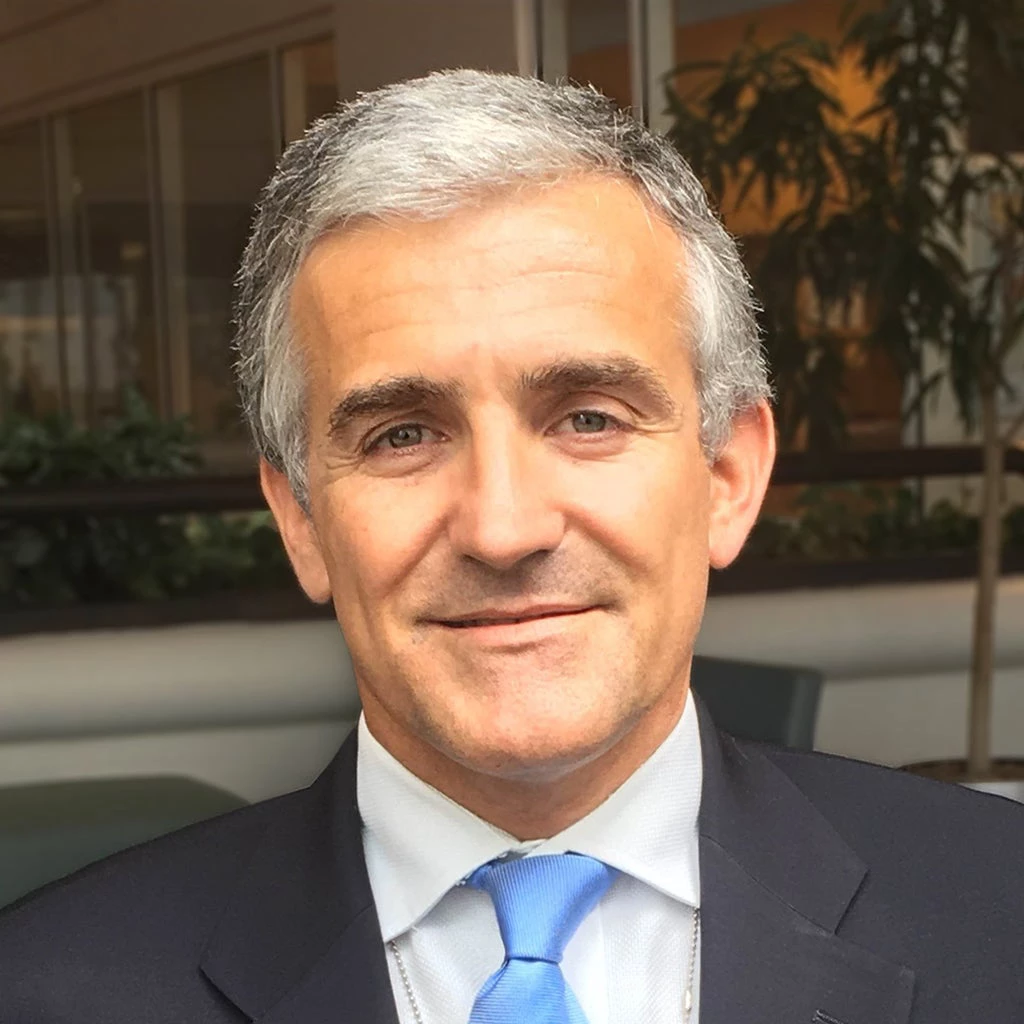 Workers build the Shash Pul school project in Afghanistan
Workers build the Shash Pul school project in Afghanistan
Regular followers of our blogs will know that issues of fragility, conflict and violence (FCV) are increasingly central to today’s global development challenges. By 2030, at about half of the world’s poor people will be living in fragile and conflict-affected settings, with the impact of FCV particularly profound on the most vulnerable people and communities. To address this challenge, the World Bank Group has committed to an increased focus on conflict prevention, and as outlined here has begun consultations on our upcoming World Bank Group FCV strategy.
That is why we are excited to be co-authoring this blog to highlight a new effort across our two teams: the Fragility, Conflict & Violence Group and the Global Practice on Social, Urban, Rural and Resilience to operationalize the findings of the 2018 UN-World Bank Pathways for Peace report and integrate conflict prevention in community-driven development (CDD) approaches, one of our most frequently used models for engaging in FCV settings.
CDD operations allow communities a say in how development financing is used to better their lives. The approach of enabling local decision-making and putting resources in the direct control of community groups has led to the efficient delivery of basic services and, when sustained over time, measurable gains in access to vital services and poverty reduction, particularly among the poorest populations and communities. In fragile settings, CDD approaches offer governments a proven way to deliver services and local infrastructure at scale, including in remote, inaccessible or insecure areas.
Because of their ability to reach scale quickly and cost effectively, to operate even in remote or insecure environments, and to provide meaningful channels for making communities partners in development, CDD approaches have increasingly become the modality of choice in FCV environments. As of June 2018, the World Bank’s active CDD portfolio of projects in FCV situations totaled $3.3 billion in committed funding, with an additional $1.1 billion provided by borrowers and other donors. This CDD portfolio covers 44 projects in 29 countries, with almost half the financing going to countries in Africa.
Given the extensive support in FCV environments, the CDD community has worked hard to operationalize the findings from the Pathways report and support the approach to pivoting to prevention. This includes a guidance note for practitioners on using CDD approaches for conflict prevention. In addition, with support from the State and Peacebuilding Fund (SPF), the Bank Group’s largest, global multi-donor trust fund established to finance innovative approaches to state and peace-building in FCV-affected regions, we have launched a global innovation and learning program. The program provides support to practitioners piloting innovative solutions for conflict prevention, shares knowledge and builds a network of practitioners developing promising approaches and common monitoring and evaluation strategies.
As part of this global innovation and learning program, we are excited to host a two-day conference on June 13 and 14 in Washington, D.C. that will bring together more than 40 government representatives from 12 countries across the globe. The conference will explore how to maximize the impact of CDD programs for conflict prevention, including on issues of community engagement, reaching insecure areas, and addressing sub-national conflict, and will be the first step in an ongoing process of deepening a global network of practitioners on using CDD approaches for conflict prevention.
We will take advantage of the presence of so many government leaders with first-hand experience and insights to explore the implications of the Pathways report for national leaders and communities. Join the conversation here.
Anna Wellenstein is Director at the World Bank’s Global Practice on Social, Urban, Rural and Resilience
Franck Bousquet is the World Bank’s Senior Director for Fragility, Conflict & Violence (FCV) leading the development of the World Bank Group’s upcoming FCV Strategy



Join the Conversation